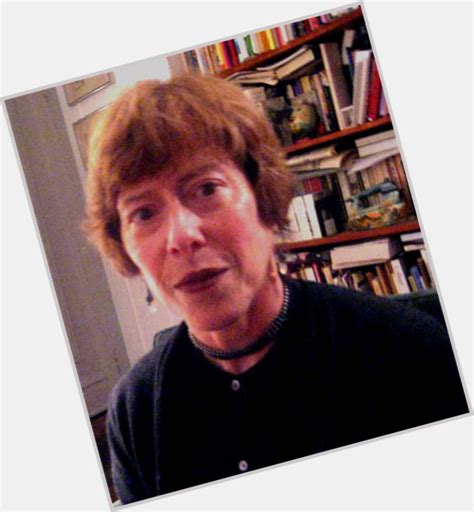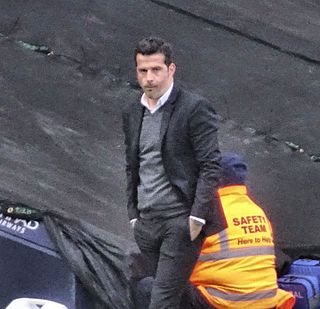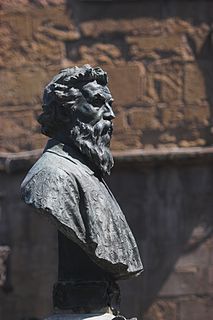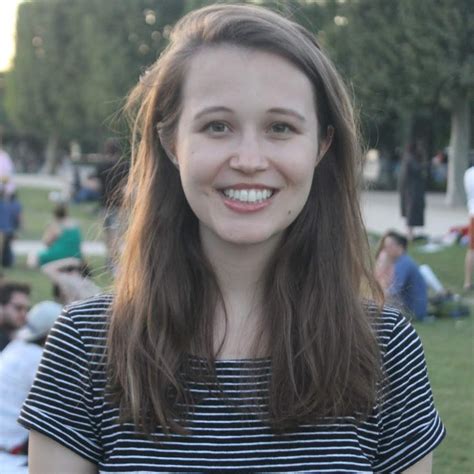A Quote by Italo Calvino
The close-up has no equivalent in a narrative fashioned of words. Literature is totally lacking in any working method to enable it to isolate a single vastly enlarged detail in which one face comes forward to underline a state of mind or stress the importance of a single detail in comparison with the rest. As a narrative device, the ability to vary the distance between the camera and the object may be a small thing indeed, but it makes for a notable difference between cinema and oral or written narrative, in which the distance between language and image is always the same.
Quote Topics
Ability
Always
Any
Between
Camera
Cinema
Close
Close-Up
Comparison
Detail
Device
Difference
Distance
Enable
Equivalent
Face
Forward
Image
Importance
Indeed
Isolate
Lacking
Language
Literature
Makes
May
Method
Mind
Narrative
Notable
Object
Oral
Rest
Same
Single
Small
State
State Of Mind
Stress
Thing
Totally
Up
Vary
Vastly
Which
Words
Working
Written
Related Quotes
There is really no fiction or non-fiction; there is only narrative. One mode of perception has no greater claim on the truth than the other; that the distance has perhaps to do with distance - narrative distance - from the characters; it has to do with the kind of voice that is talking, but it certainly hasn't to do with the common distribution between fact and imagination.
Say you have a headline like "Mountain Bike Stolen," and then you read the story, read another story about it the next day, and then the next week, and then the next year. News is a process of expansion, the filling in of detail, and making narrative connections - not based on chronology, but based on features of the story. There are narrative connections made between props, between characters, between situations, and so forth.
Charles Bernstein's pairs of jingles of 'public discourse' are 'simultaneous double narrative / the space between's the other narrative/as if they're opposite.' In the space between, outside representation but in the 'presence' of it, we are provoked to laugh. Bernstein alters our language to open a double range that's public and mind at once and inseparable, that is 'Poetry is patterned thought in search of unpatterned mind.' Girly Man is doing it.
I'm obsessed with this idea of storytellers and people who have a narrative, and sometimes sustain a relationship because they're telling a narrative and someone is listening to that. Often the nature of the relationship is determined by how well they tell the story, or someone else's ability to suspend disbelief, or infuse into their narrative something which they may not even be aware of.
Comics have the page as their real estate so you've only got that space to tell the story on. But the other thing only comics do is to have the words and pictures being simultaneous. Your brain is flicking between them and you can put in some excellent narrative devices; you can off-set things and juxtapose things between word and image.
Ideas are easy to come by, they spring effortlessly out of the vacuity of the mind and cost nothing. When they are held and projected onto one's self or others they become a project. When the project is enacted it becomes the work, and when the work is completed it appears to be self-existent. Creation is the process of form manifesting from emptiness, where that which arises from the mind comes into existence. Yet the distance between conception and realisation may be enormous, as vast as the distance between the stars.
The simple circumstantial narrative (did such a narrative exist) of the ruin of a single town, of the misfortunes of a single family, might exhibit an interesting and instructive picture of human manners; but the tedious repetition of vague and declamatory complaints would fatigue the attention of the most patient reader.
The difference between America and England is that the English think 100 miles is a long distance and the Americans think 100 years is a long time. The difference between an autobiography and an unauthorized biography is like the difference between an account of your life written by your mother and one written by your mother-in-law.
People don't live their lives in a series of scenes that form a dramatic narrative, they don't speak in dialogue, they're not lit by a cinematographer or scored by a composer. The properties of real life and the properties of drama have almost nothing to do with each other. The difference between writing about reporters and being a reporter is the same as the difference between drawing a building and building a building.
There's some ambient music that doesn't do anything. I wouldn't say that that's narrative. It is narrative in that it creates a sort of world where nothing happens, where really nothing happens, so you become a different person after hearing eight minutes of exactly the same thing. Yes, I hear music all the time in which one idea is strung together to another idea, and I feel that such music is non-narrative.

































